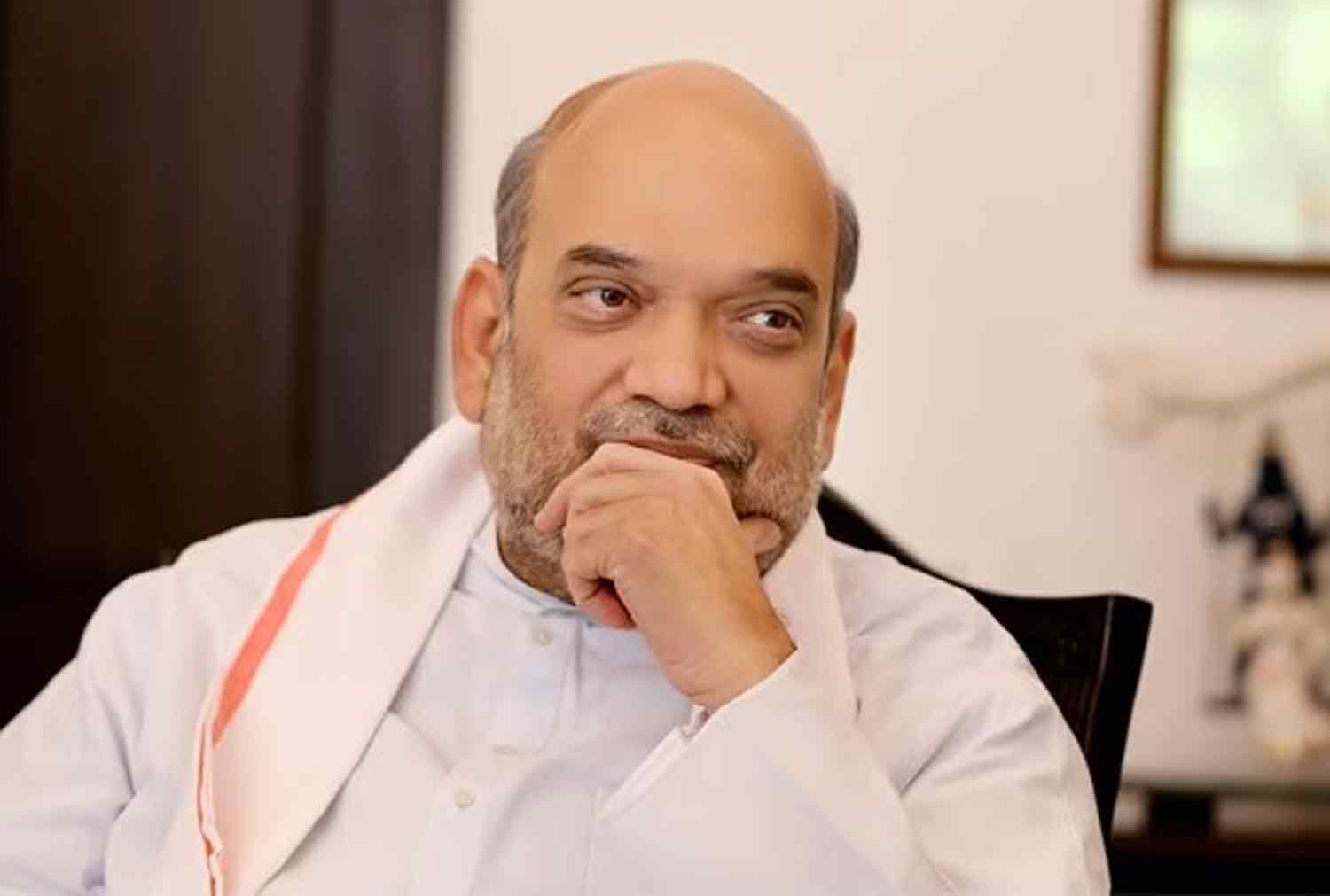North Korea’s foreign minister visited Russia on Tuesday for discussions amid escalating tensions in the Russia-Ukraine conflict. NATO and South Korea have raised concerns that North Korean forces may soon support Moscow. U.S. President Joe Biden stated that Ukraine should retaliate against North Korean troops “if they cross into Ukraine.”
On Monday, NATO reported that thousands of North Korean soldiers were advancing toward the front lines, prompting Kyiv to request additional weaponry and an international strategy to counter this potential threat.
The Pentagon confirmed on Tuesday the presence of some North Korean troops in the Kursk region, a border area where Ukrainian forces made significant gains in August and currently control extensive territory. It was also noted that a few thousand more troops are en route to that region. The United States has indicated that any North Korean forces engaged in the conflict would be considered “fair game” for Ukrainian strikes, and Washington will not impose new restrictions on Ukraine’s use of American weaponry should North Korea enter the fray.
South Korea, which remains in a state of war with the nuclear-capable North since the Korean War from 1950 to 1953, has expressed strong disapproval of recent military deployments. Officials in Seoul are particularly concerned about the potential support that Russia might be offering to North Korea in exchange for its cooperation.
North Korean Foreign Minister Choe Son Hui arrived in Russia’s far eastern region on Tuesday, en route to Moscow, as reported by Russian state media. The specifics of her meetings during this second visit in six weeks remain unclear, according to Russian news agencies.
The Kremlin has indicated that President Vladimir Putin does not intend to meet with her. Following discussions with South Korean President Yoon Suk Yeol, Ukraine’s President Volodymyr Zelenskiy remarked that North Korea’s actions are escalating the conflict into a new international dimension.
“This war is becoming internationalized, extending beyond two countries,” Zelenskiy stated on X. He added that both leaders agreed to enhance intelligence sharing and increase communication at all levels to formulate a strategic response to this escalation.
Yoon conveyed to Zelenskiy that if North Korea were to receive assistance from Russia and gain military insights from its involvement in the conflict, it would represent a significant threat to South Korea’s security, according to his office. South Korea has indicated it may consider supplying weapons to Ukraine should North Korean forces participate in Russia’s military operations. Putin has not refuted claims regarding the presence of North Korean troops in Russia.
INFANTRY ROLES
The specific role of North Korean troops remains uncertain.
According to the Pentagon, there are initial signs that Russia may deploy them in infantry capacities. “We are concerned that Russia plans to utilize these soldiers in combat or to assist combat operations against Ukrainian forces in Kursk,” stated Pentagon spokesperson Major General Patrick Ryder during a press briefing, while he refrained from confirming reports of North Korean troops being present in Ukraine.
The Center for Strategic and International Studies (CSIS) indicated that the involvement of North Korean forces suggests a commitment beyond mere symbolism. “However, these troops are likely to serve in support roles and will represent less than 1% of Russia’s overall military strength,” the report noted. “Russia is in dire need of additional personnel, and this is part of its strategy to bolster its ranks without initiating a second mobilization,” it added, suggesting that their numbers could increase.
Furthermore, the troops may also serve a political purpose for both Russia and North Korea, potentially enhancing their influence in relation to China, which maintains a complicated partnership with both nations, while also sending a signal to Washington and its allies, according to Western diplomats and analysts. Gilbert Rozman from The Asan Forum remarked for the U.S.-based 38 North program that “the closer Moscow’s relationship with Pyongyang, the more leverage it anticipates over U.S. allies and China.”
Moscow seeks a partner that is antagonistic to the current global order, cautious of China yet not overtly confrontational, and capable of assisting with arms or labor requirements, he explained. The presence of a few thousand North Korean troops is unlikely to alter the trajectory of the conflict, suggesting it may be a Russian strategy to demonstrate to the United States the extent of its disruptive potential, as noted by a diplomat who requested anonymity. “Incorporating North Korean troops into a complex military operation is challenging. However, leveraging their presence to intimidate the United States and its allies in Asia is relatively straightforward,” the diplomat remarked.
TROOPS TRAINING
The conflict in Ukraine began with Russia’s invasion in February 2022, evolving into a protracted war primarily concentrated along the eastern front, resulting in significant casualties for both sides.
The Pentagon has reported an increase in the number of North Korean troops stationed in eastern Russia for training, rising from an estimated 3,000 to 10,000.
According to South Korean lawmakers who received updates from the nation’s intelligence agency, the Russian military is focusing on instructing North Korean soldiers in military terminology.
Additionally, Moscow is reportedly continuing to assist North Korea in its efforts to develop a fleet of reconnaissance satellites.
For several months, North Korea has been supplying Russia with short-range ballistic missiles, artillery shells, and various other munitions, as indicated by intelligence reports from the United States, South Korea, and Ukraine.
Discover more from Defence Talks | Defense News Hub, Military Updates, Security Insights
Subscribe to get the latest posts sent to your email.





